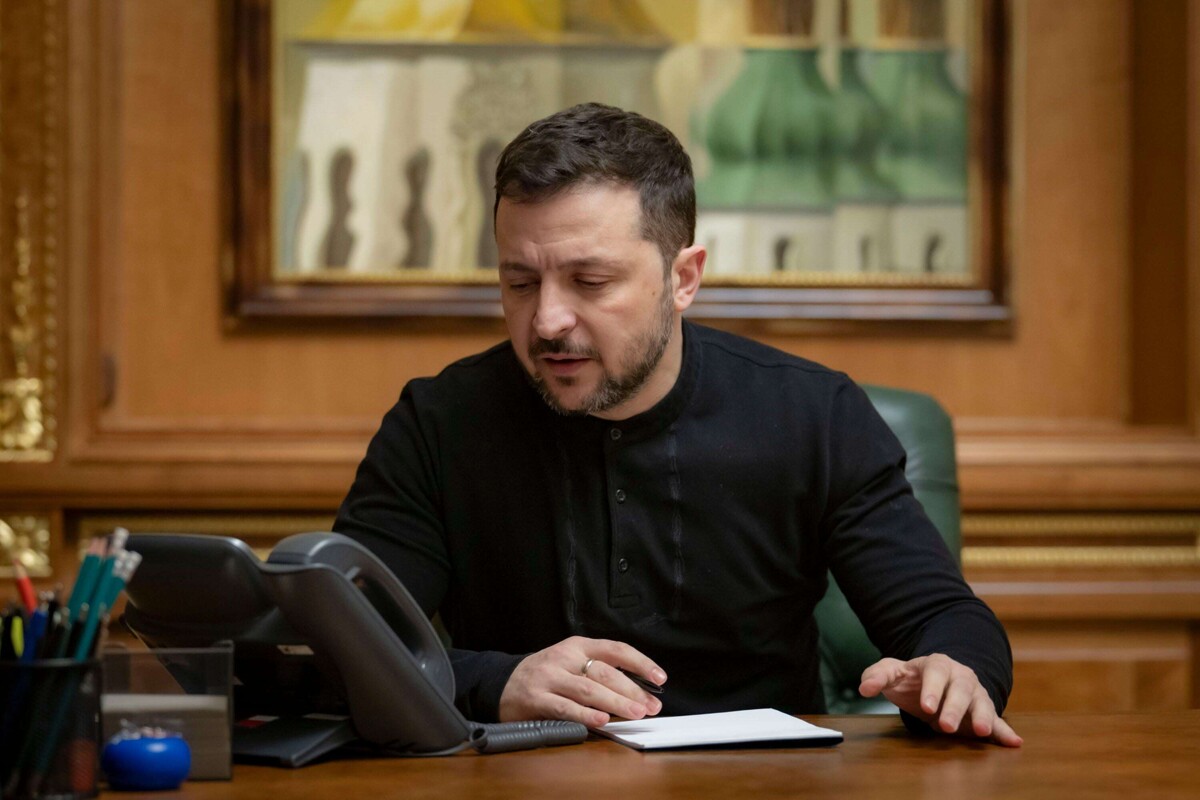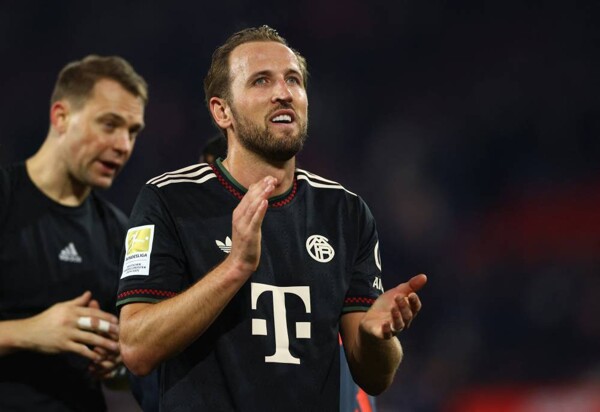
A few hours before the third anniversary of the Russian invasion of Ukraine, President Volodymyr Zelensky expressed his offer to resign in exchange for his country being admitted to NATO. Meanwhile, the President of France and the Prime Minister of Great Britain, Emmanuel Macron and Keir Starmer, are set to travel to Washington today to convince Donald Trump to include Europe in the negotiations with the Russians and not make decisions without Ukraine's opinion.
On Monday, February 24, leaders from various European countries and possibly Canada, led by the President of the European Union, Ursula von der Leyen, will arrive in Kiev to express 'support for the heroic Ukrainians and President Zelensky, democratically elected.'
Support for Zelensky is growing in Europe after he rejected Trump's peace plan and was insulted by the President of the United States. Zelensky assured that he will not sign any agreement that affects future generations of Ukrainians and highlighted the importance of meeting and discussing with the United States about mineral issues.
On the other hand, the new world order is being challenged, with Russia not advancing on the battlefield and facing internal discontent. Putin is asking Trump for the immediate surrender and total demilitarization of Ukraine, seeking its submission and the lifting of Western sanctions.
In this context, the European nuclear powers, Great Britain and France, are key. Friedrich Merz from Germany pointed out the need to find independent defense methods from the United States and announced the search for nuclear safeguards with these nations. The future of Ukraine and the global balance are at stake amid this crisis and geopolitical tension.















